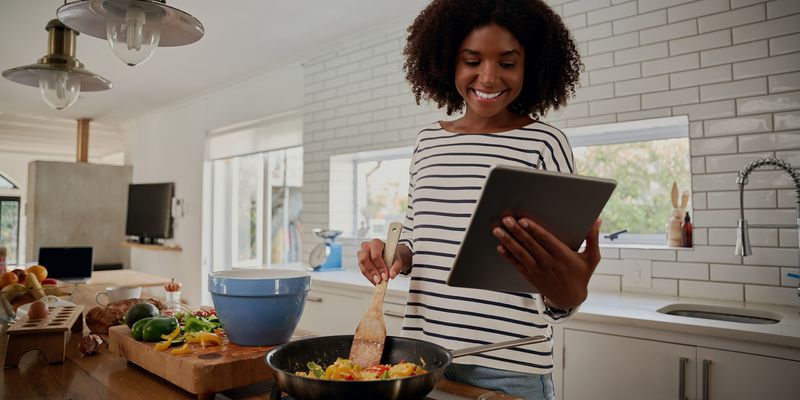
At the same time, ECU Institute for Nutrition Research academics measured the program’s effect on participants’ cooking confidence and self-perceived mental health, as well as their overall satisfaction around cooking and diet-related behaviours.
Researchers found those who participated in the program saw significant improvements in general health, mental health, and subjective vitality immediately after the program, which remained six months after completing the course, when compared to the study’s control group.
Improvements in cooking confidence, the ability to easily change eating habits and overcome lifestyle barriers to healthy eating were also reported.
Lead researcher Dr. Joanna Rees said the study showed the importance of diet for mental health.
“Improving people’s diet quality can be a preventive strategy to halt or slow the rise in poor mental health, obesity, and other metabolic health disorders,” she said.
“Future health programs should continue to prioritise the barriers to healthy eating such as poor food environments and time restrictions, whilst placing greater emphasis on the value of healthy eating via quick and easy home cooked meals, rich in fruit and vegetables and avoiding ultra-processed convenience foods.”
It’s not just the food
The Institute has previously found a link between eating more fruits and vegetables, and improved longer term mental health in a larger study collecting more sophisticated dietary data, implying the participants in the current study may have felt better due to improved diet.
However, the study showed participants’ mental health improved despite their reported diet not being found to have changed after completing the program.
Also, the mental health benefits were equal among participants who were overweight or obese, and those in a healthy weight range.
“This suggests a link between cooking confidence and satisfaction around cooking, and mental health benefits,” Rees said.
Who benefits most?
The study also revealed cooking remains a highly gendered task.
At the start of the program, 77 percent of participants who identified as female claimed to be confident about cooking, compared to just 23 percent of those who identified as male.
But at the end of the program, cooking confidence and cooking skills were equal across both counterparts.
“This change in confidence could see change to the household food environment by reducing the gender bias and leading to a gender balance in home cooking,” Rees said.
“This in turn may help to overcome some of the barriers presented by not knowing how to cook, such as easing the time constraints which can lead to ready-made meals which are high in energy but low in nutritional value.”
This article was originally posted by Lab Manager.
Healthy Eating, Nutrition





